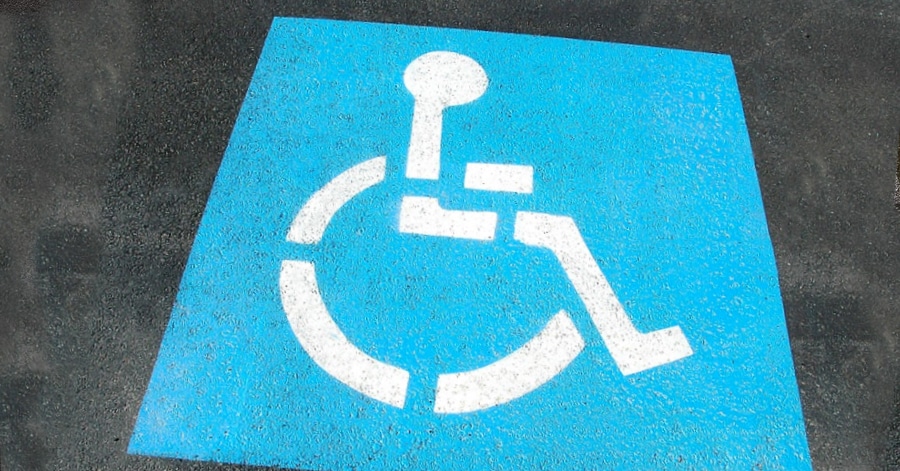Disabled Drivers Pay Higher Insurance Premiums

A recently-released study, the results of a survey conducted by New York-based auto insurance company 4AutoInsuranceQuote.com, found that – at least in New York City – drivers with disabilities pay 28 percent more for their car insurance, on average, than drivers who are not disabled.
The study, which involved a survey of 456 non-disabled and 167 disabled New York City residents aged between 25 and 50, who were also the only people on their insurance policies, found that auto owners and drivers who are disabled pay an average annual premium of $2,810, while non-disabled people paid an average of only $2,193.
While the Americans with Disabilities Act (ADA) does prohibit discrimination against people with disabilities, which means that insurers may not charge disabled people higher premiums simply because they have a disability, the study pointed out that one of the reasons car insurance for disabled people are more expensive is that they often drive specially-modified vehicles.
Such vehicles often include adaptive equipment like specialized steering wheels, wheel chair ramps, and wheel chair lifts, as well as the removal of some safety devices, such as air bags. When a vehicle has been modified, it generally requires a specialized auto insurance policy in order to address the replacement/repair costs likely to be incurred if those adaptive devices are damaged in an accident, which, in turn, means that such vehicles cost more to insure.
According to the published study, “Unfortunately, statistics do show that disabled individuals pay more for car insurance than the non-disabled. This does not mean, however, that you will pay more for auto insurance just because you are disabled. As stated above, insurance companies do not use disabilities as one of their factors in determining your auto insurance premium. It is illegal for them to do so.”
Disabled drivers, then, must be even more diligent than non disabled drivers about comparison shopping for their auto insurance coverage, and providing the detailed information required in order to get accurate car insurance quotes.
